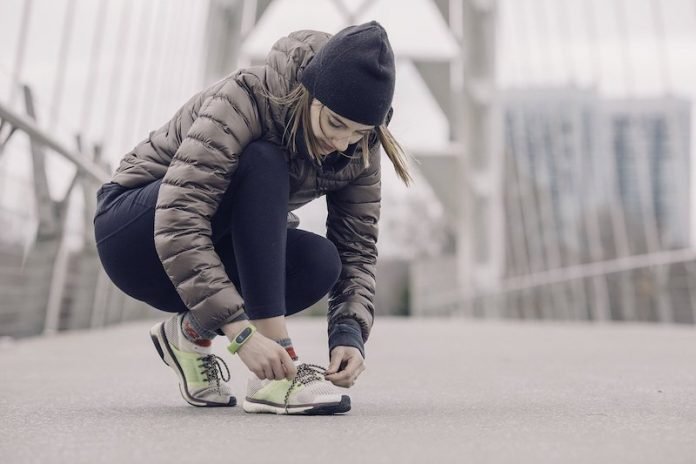
It’s cold out there!
Before you head outside for your usual run around the block, it’s important to check the forecast — temperature, wind and moisture are all key factors in planning a safe winter workout.
“Wind chill extremes can make exercising outdoors unsafe,” says Julie Ruane, a nurse practitioner in the Division of Sports Medicine at Beth Israel Deaconess Medical Center (BIDMC).
“However, we know that in Boston and surrounding areas, it’s common for people to train for the Boston Marathon outside all winter. So we encourage runners and other athletes to take the necessary precautions.”
Proper Warmup
One of the biggest concerns for winter athletes is pulling a muscle. “When it’s cold, your muscles are tighter, less flexible and at a higher risk for injury,” Ruane says.
Cold weather causes muscles to lose heat and contract, causing tightness throughout the body and reducing the range of motion in your joints.
This forces muscles to work much harder to complete the same tasks they easily perform in milder weather.
“To counteract this stress on your muscles and joints, be sure to warm up for a little longer than usual, and be sure to stretch and cool down again at the end of a workout,” Ruane says.
“When a muscle is warm, it has better blood flow and stretches more easily.”
Dress Appropriately
Since cold or tight muscles have a higher risk of strain, layering your clothing is important.
“There is a happy medium between bundling up and not wearing enough,” Ruane says.
“Listen to your body – you will want to find the balance between keeping yourself warm while not losing too much fluid through excess sweating.”
Ruane recommends layers that can be easily removed and cautions athletes not to forget about their hands, toes, nose and ears.
“A hat, headband, facemask, mittens and proper socks are important in the colder temps,” she says.
Stay Hydrated and Eat Plenty of Carbs
Drinking plenty of water – whether it’s still or sparkling water – is just as important during the winter months as it is in summer.
“Even though you might not sweat as much, your body is still burning through its stored carbohydrates, especially in colder weather,” Ruane says.
“Drinking carbs such as a sports beverage can help. After you exercise, foods high in carbs and proteins, such as warm oatmeal and nuts or hot chili, are also helpful, specifically for muscle recovery.”
Be Alert
The final obstacle to cold weather exercising is snow and icy sidewalks.
“Be sure to watch your step,” Ruane says. “The ground can be slick and black ice can sneak up on you.”
Dark days and precipitation, however, don’t mean you have to head indoors. “Finding a running route that is well lit and familiar to you is important,” Ruane says.
“We tell our avid runners that it’s okay to be out there, just be smart.”



